In today’s fast-changing landscape, ethical marketing for mental health practice is not just a recommendation—it’s a necessity. As more people seek care and the demand for online visibility grows, mental health professionals must ensure they’re reaching their communities with responsible marketing for therapist that prioritizes trust, transparency, and client well-being.
Why Ethical Marketing Matters in 2025
Ethical marketing isn’t about selling services—it’s about building a relationship rooted in integrity. In 2025, consumers are more informed, and mental health awareness is at an all-time high. People aren’t just looking for therapists—they’re looking for providers they can trust with their personal stories.
Unethical practices like exaggerated outcomes, fake reviews, or fear-based messaging can do more harm than good. They undermine the credibility of your practice and the field at large. On the other hand, ethical marketing helps destigmatize care, educate the public, and attract clients who are aligned with your values.
1. Lead With Transparency
Transparency should be the foundation of your marketing strategy. This includes:
- Clear pricing: Be upfront about session fees, insurance policies, and any additional costs.
- Scope of practice: Be honest about the services you offer and your areas of expertise.
- Treatment limitations: Avoid promising quick fixes or guaranteed results. Healing takes time.
Your website should reflect this clarity. Include a robust FAQ section, provider bios, and realistic information about what therapy can and cannot achieve.
2. Prioritize Education Over Persuasion
Educational content is a core component of ethical marketing. In 2025, users value information that helps them make empowered decisions—not salesy messaging.
Offer value through:
- Blog posts and videos that address common mental health topics.
- Social media content that reduces stigma and encourages self-awareness.
- Newsletters with wellness tips and coping strategies.
Not only does this establish you as a thought leader, but it also nurtures trust without applying pressure.
3. Respect Privacy and Consent
Client confidentiality extends to marketing too. Never share testimonials, photos, or case studies without explicit written consent. In fact, many ethical clinicians avoid testimonials altogether due to the inherent power imbalance between client and provider.
If you do use testimonials, make sure:
- They’re fully de-identified.
- They comply with your state’s licensing board rules.
- Consent is ongoing, not one-time.
You can still showcase success through general narratives (e.g., “We’ve helped many clients manage anxiety using CBT”) without revealing personal details.
4. Avoid Manipulative Language
Be mindful of the words you use. Ethical marketing avoids language that:
- Preys on fear (e.g., “You’ll never be happy unless you start therapy now”)
- Creates urgency unnecessarily (e.g., “Book today or lose your chance for help”)
- Shames people for their struggles (e.g., “You’re weak if you don’t seek help”)
Instead, use empowering, compassionate messaging that validates clients’ experiences. A phrase like, “It’s okay to ask for help, and you don’t have to do it alone,” is both supportive and inviting.
5. Be Accessible and Inclusive
Ethical marketing must also be equitable. In 2025, inclusivity isn’t a bonus—it’s expected. Make sure your practice:
- Uses inclusive language and imagery across your website and materials.
- Addresses diverse populations (e.g., LGBTQ+ individuals, communities of color, neurodivergent clients).
- Ensures website accessibility for users with visual or cognitive impairments.
Accessibility also includes language access. Offering services or resources in multiple languages can expand your reach without compromising ethics.
6. Stay Compliant With Advertising Regulations
Ethical marketing for mental health practice is governed by legal and ethical codes, including those from:
- HIPAA (Health Insurance Portability and Accountability Act)
- Your state licensing board
- Your professional associations (e.g., APA, NASW, NBCC)
Keep updated on regulations around digital advertising, especially on platforms like Google Ads or social media. Transparency in sponsored content is key—clearly disclose when content is promotional.
7. Market Authentically
People want to work with real humans, not faceless brands. Ethical marketing thrives when it’s rooted in authenticity.
- Show your personality: Share your approach, philosophy, and why you do what you do.
- Highlight your team: Introduce clinicians with real bios—not just credentials.
- Share behind-the-scenes moments that reflect your practice’s culture.
The more genuine your marketing, the more it resonates with people seeking real connection.
Conclusion: Marketing With Integrity
In 2025, ethical marketing for mental health practice means balancing visibility with integrity. It’s about putting people before profit, clarity before clicks, and compassion before conversion rates.
By focusing on education, transparency, and inclusivity, mental health professionals can grow their practices responsibly—while strengthening the trust of those they serve.
Frequently Asked Questions (FAQ)
1. What is ethical marketing in mental health care?
Ethical marketing in mental health care involves promoting services honestly, transparently, and respectfully. It avoids manipulation, exaggeration, or fear-based tactics, and prioritizes client well-being over business gains.
2. Can I use client testimonials on my website?
Yes, but only with explicit, written consent and in accordance with your state licensing board and professional ethical guidelines. Even then, many mental health providers choose to avoid testimonials due to power dynamics and privacy concerns.
3. How can I market my practice without sounding “salesy”?
Focus on education and empowerment. Share helpful information, coping strategies, and mental health facts. Be authentic, compassionate, and clear about how you can help—without pressuring potential clients.
4. Are paid ads on Google or social media ethical for therapists?
They can be, as long as the content is truthful, non-coercive, and clearly labeled. Make sure your ads follow HIPAA guidelines and any advertising rules set by your licensing board or professional associations.
5. What should I avoid when marketing my therapy services?
Avoid making unrealistic promises, using fear-based language, or sharing client stories without permission. Also, steer clear of gimmicks or tactics that prioritize profit over people.

